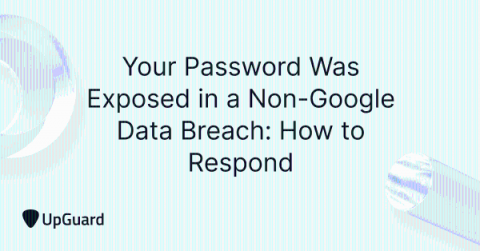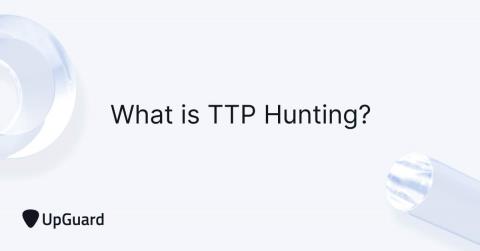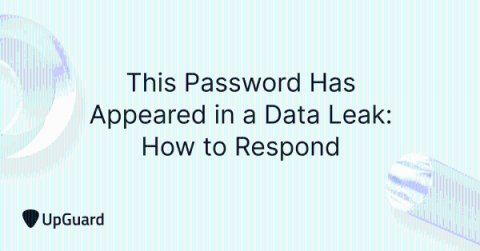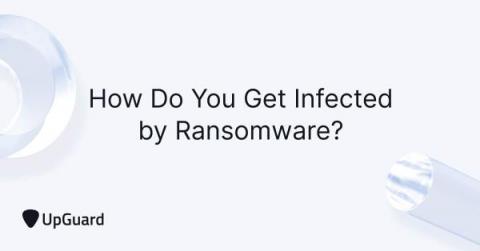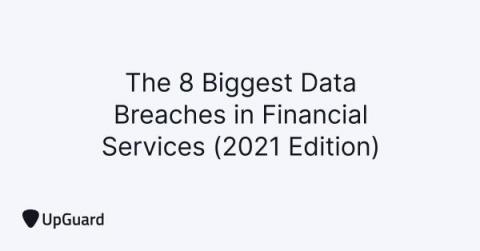Your Password Was Exposed in a Non-Google Data Breach: How to Respond
If you’re a Google Chrome user, you may have received the pop-up alert “Your password was exposed in a non-Google data breach” in your web browser. The alert informs users of any recent security breaches which may have compromised their account passwords. Read on to learn more about what this alert means for your data security and the appropriate steps to secure your personal data.


